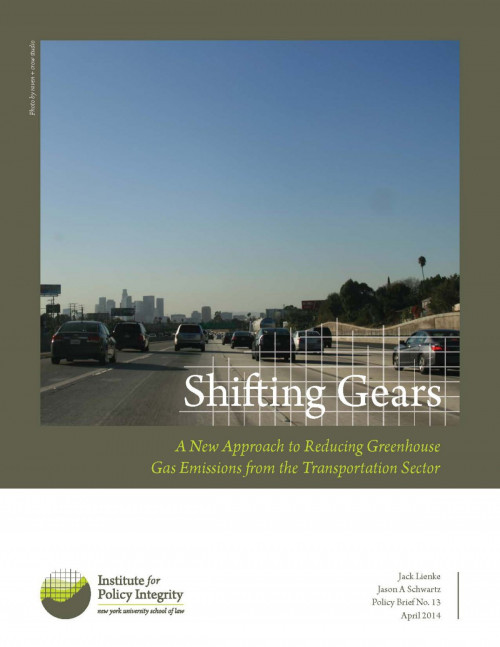Install a more efficient air conditioning unit, lose some of the savings by setting the temperature lower. Buy a more fuel efficient car, visit grandma more often. These are examples of what’s known as the “rebound effect.”
In the case of vehicle fuel efficiency improvements through Corporate Average Fuel Economy (CAFE) standards, owners of more fuel-efficient cars may well be driving more as their fuel cost per mile travelled decreases.
Whether the rebound effect is more than a theory, and the extent to which it might practically occur has significant welfare and policy implications. This paper reviews the existing research on the rebound effect in the transportation sector, presents a framework for policymakers, and suggests future research that could enhance our understanding of the rebound effect and its implications.

